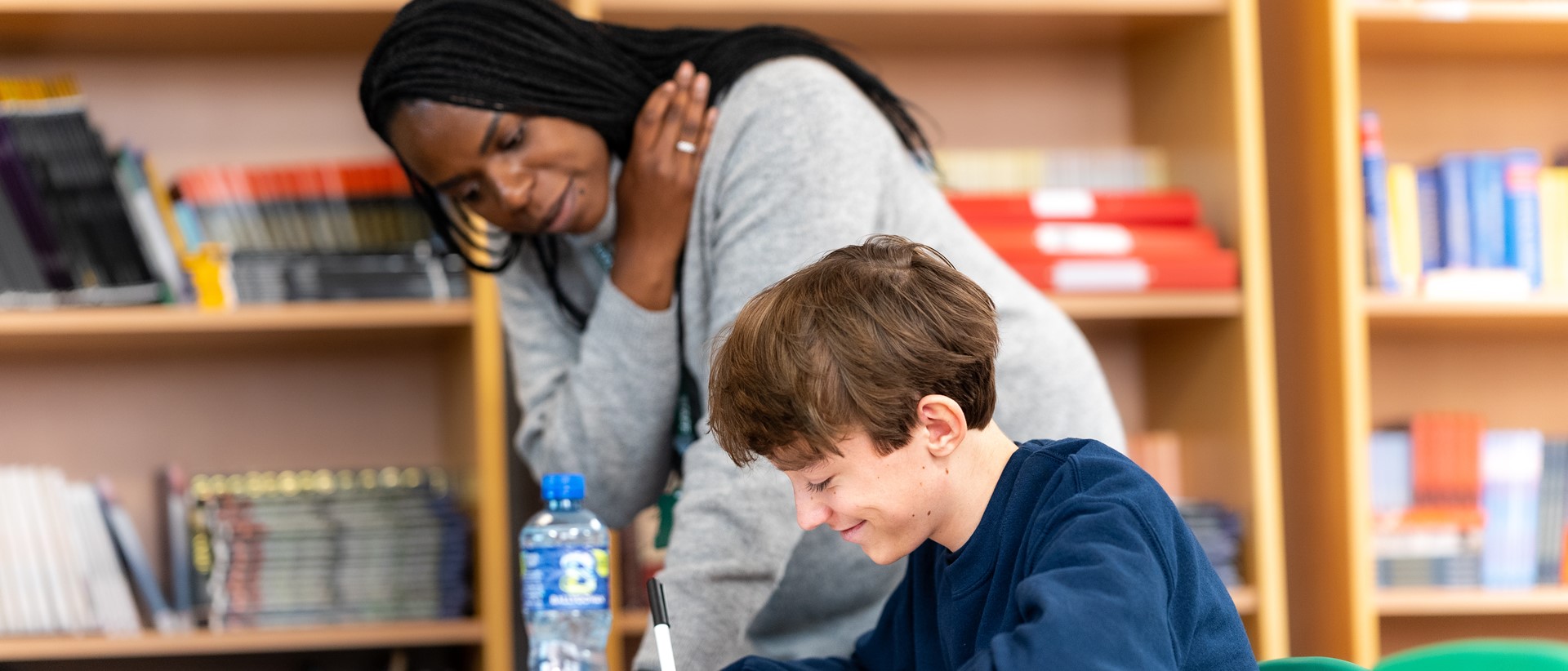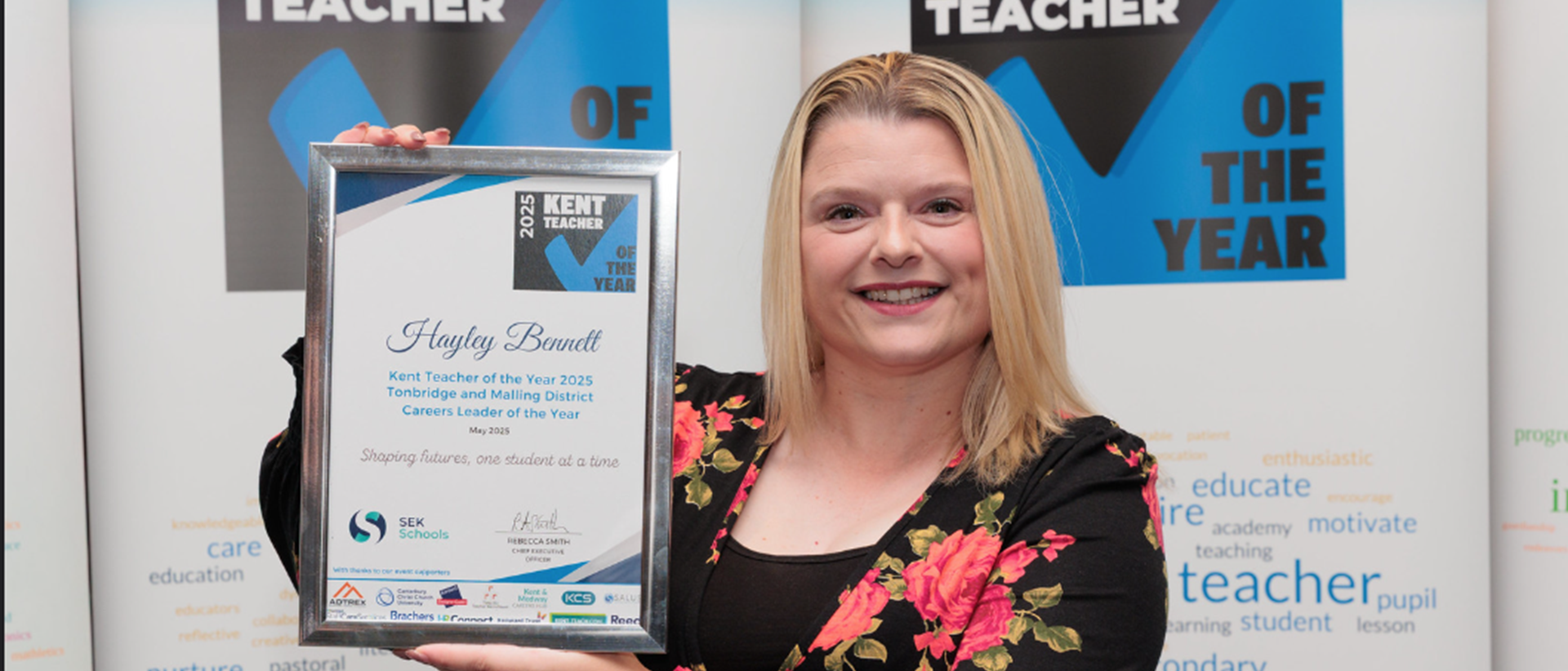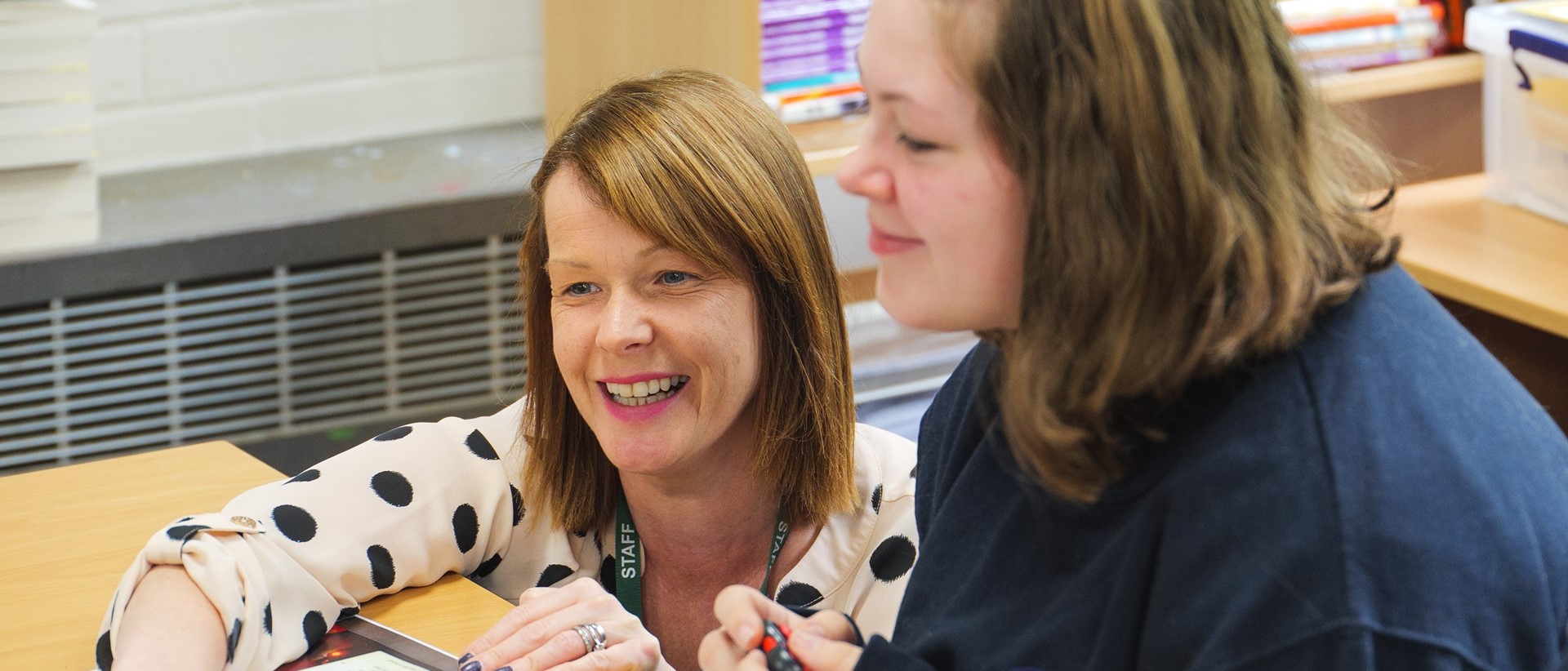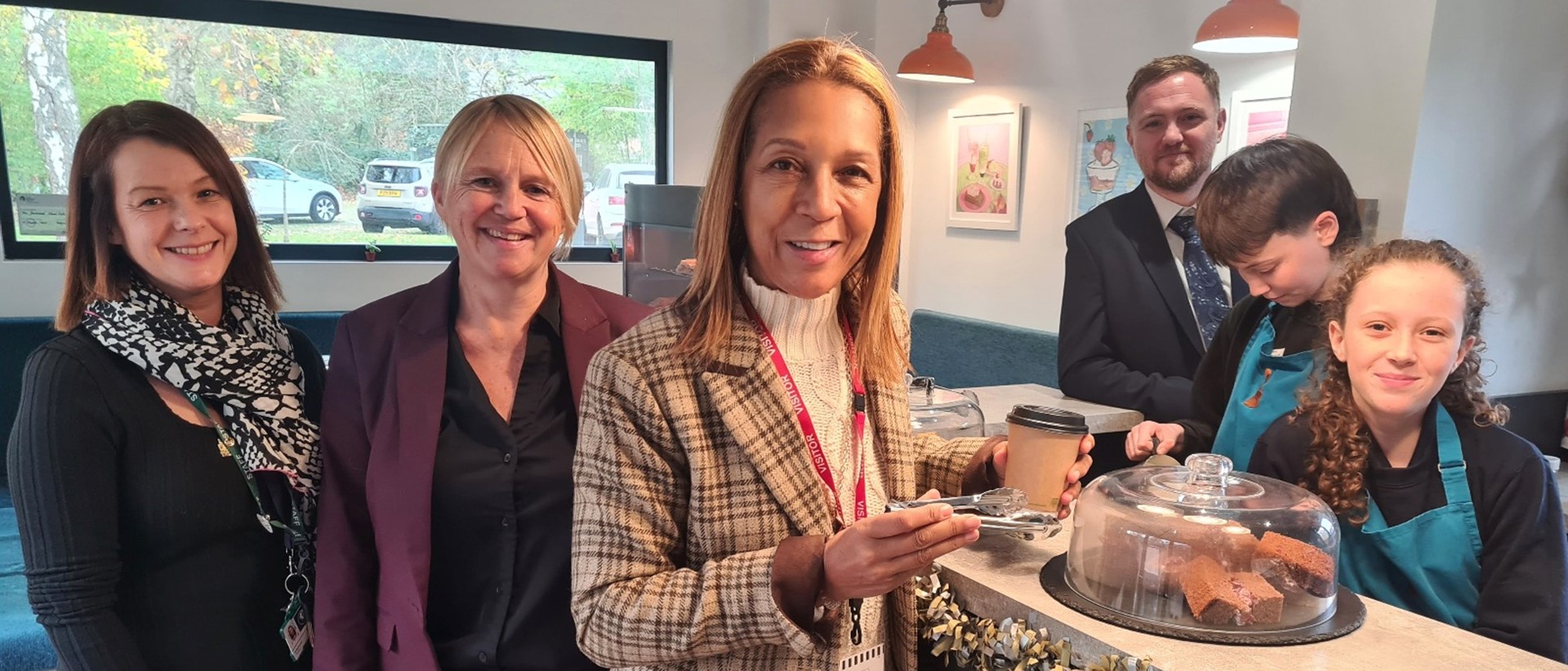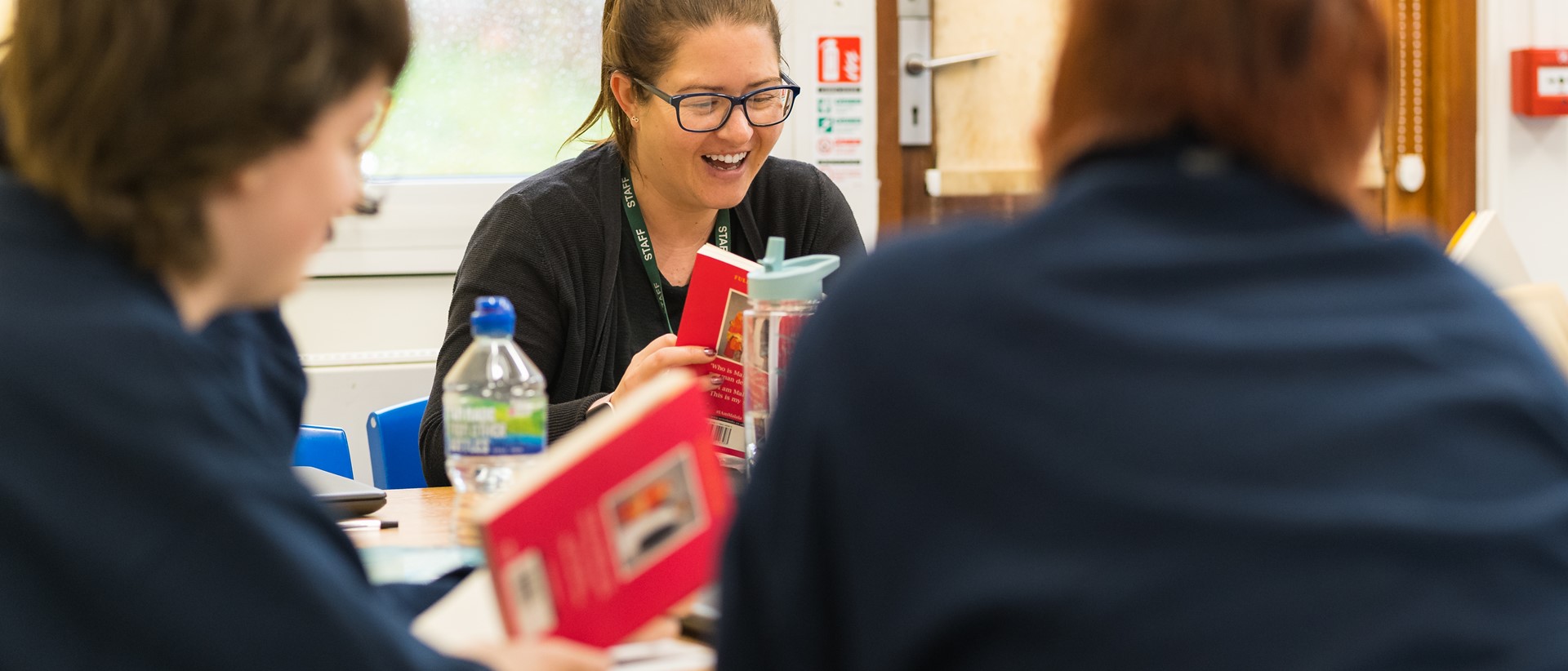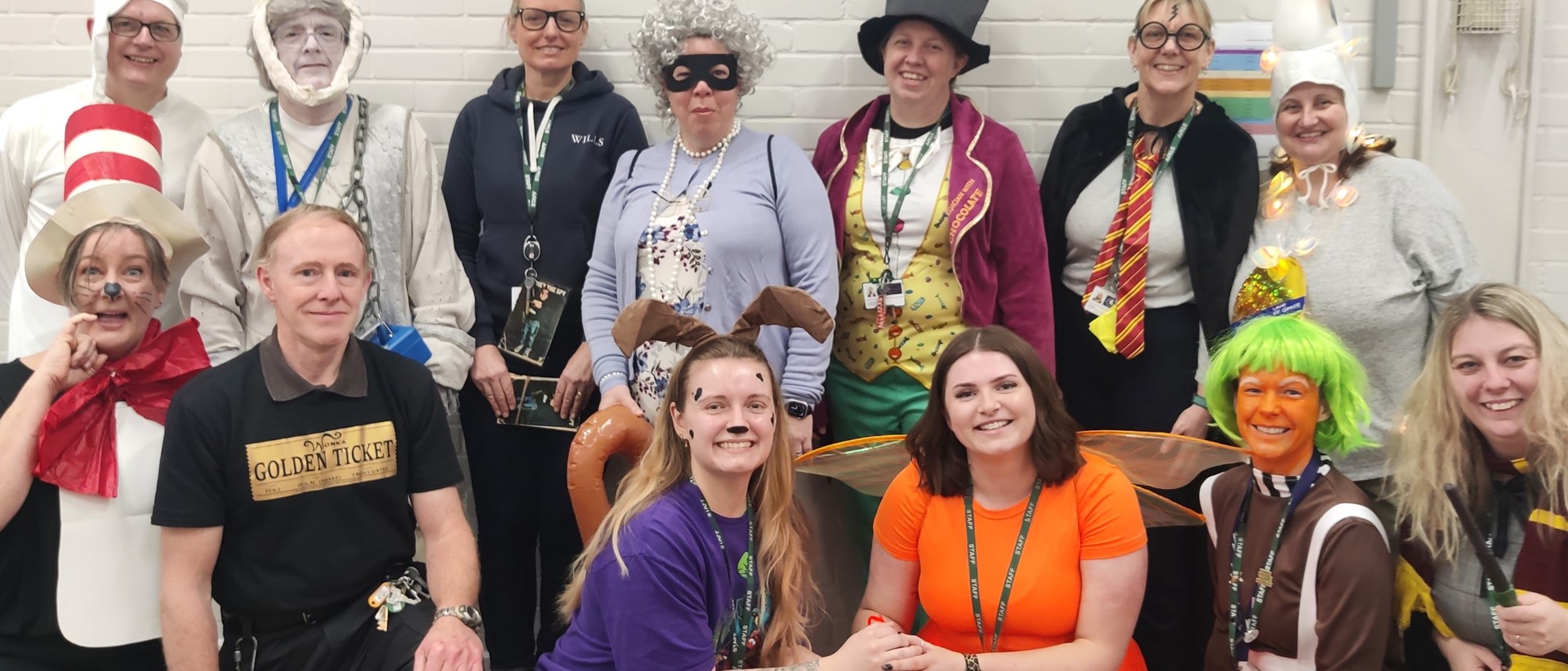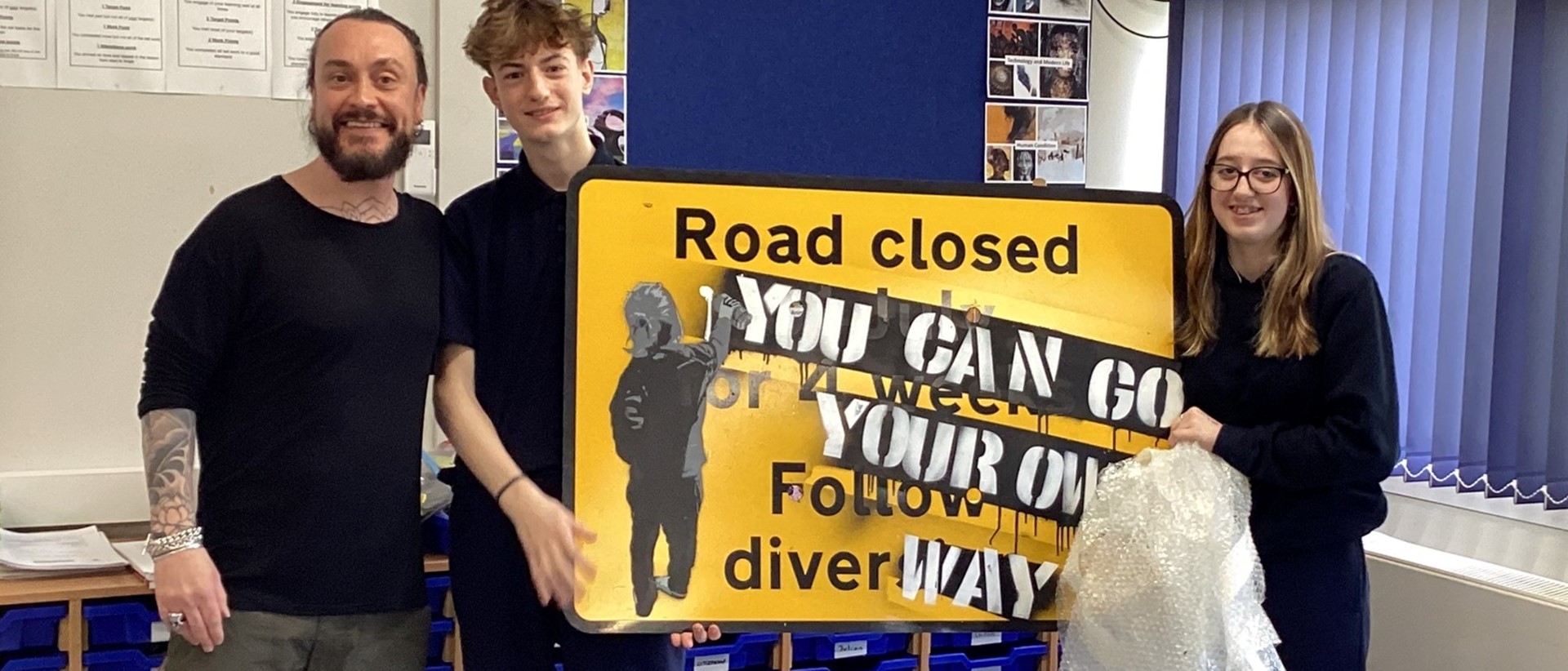What is Criminology?
Criminology is the study of crime, deviance, and how society responds to it. Pupils explore questions such as: Why do people commit crimes? How does the law work? What impact does crime have on communities?
It is an exciting and relevant subject for young people because it:
- • Builds critical thinking and problem-solving skills.
- • Encourages discussion of real-world issues that affect society today.
- • Links directly to a wide range of careers such as law, policing, forensic psychology, social work,
- youth justice, and government services.
Criminology also supports career learning in the curriculum, offering opportunities to meet professionals such as police officers or legal experts, and connecting classroom study to further education and employment pathways.
What Will Pupils Study?
Introduction to Criminology:
- Discover what criminology is and why it matters.
- - Explore how definitions of crime and deviance have changed over time.
Defining Crime and Deviance:
- - Learn the difference between legal and social definitions of crime.
- - Explore how norms and values shape what is seen as deviant behaviour.
Why Do People Commit Crime:
- - Investigate biological theories (for example, genetics and early criminology).
- - Study psychological theories such as personality and mental health links to offending.
Understanding Crime Data:
- - Examine official crime statistics and what they tell us.
- - Look at the role of victim surveys in understanding crime.
The Criminal Justice System:
- - Gain an overview of how the justice system works from arrest to sentencing.
- - Learn about the role of the police and their work in communities.
Influences on Justice:
- - Explore how socioeconomic background can shape experiences of the justice system.
- - Discuss the impact of race and ethnicity on crime and policing.
Crime in Society:
- - Compare urban and rural crime patterns.
- - Investigate how the media influences public perceptions of crime.
Research and Review:
- - Learn about research methods used in criminology.
- - Consider ethical issues and the challenges of researching crime.
Why Criminology?
Criminology offers pupils the chance to think deeply about justice, fairness, and social responsibility. It helps them to develop skills in research, debate, analysis, and critical thinking — skills that are valued in higher education and by employers.
It also inspires pupils to see how they could make a difference, whether in careers linked directly to crime and justice, or in wider roles where understanding people and society is vital.
Careers and Future Pathways
Studying criminology opens doors to a wide range of exciting opportunities, including:
- • Law and Legal Careers – solicitor, barrister, legal executive, paralegal.
- • Policing and Security – police officer, detective, crime scene investigator, intelligence analyst.
- • Forensic and Criminal Psychology – offender profiling, rehabilitation services, forensic psychology.
- • Youth and Social Work – probation officer, youth offending team worker, social worker.
- • Government and Policy – civil service, local government, policy development.
- • Further Study – A-levels, vocational courses, university degrees in criminology, law, sociology, or psychology.
Criminology equips pupils with transferable skills for any career that requires critical thinking, analysis, communication, and an understanding of people and society.
